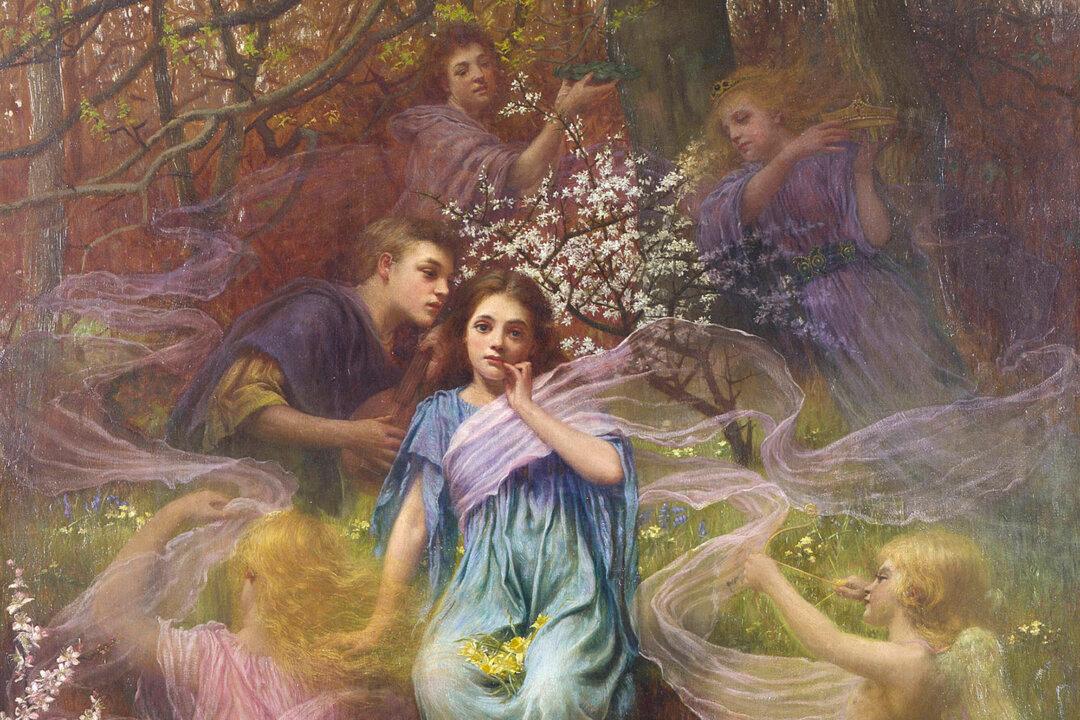Wonder undergirds all true philosophy and culture.
Originally, “wonder” meant far more than mere idle curiosity. Dennis Quinn, a professor of English, wrote an entire book on the subject of wonder—“Iris Exiled: A Synoptic History of Wonder”—wherein he begins to sketch a definition for us: “Wonder, always considered a passion, was classified by Aquinas and many before him as a species of fear.” At first glance, calling wonder a type of fear may strike us as odd. But Mr. Quinn goes on to explain that wonder involves fear because it makes us aware of all that we don’t know, and it makes us afraid of remaining ignorant.






